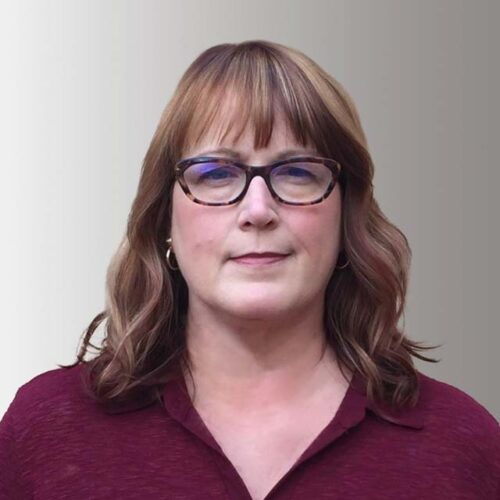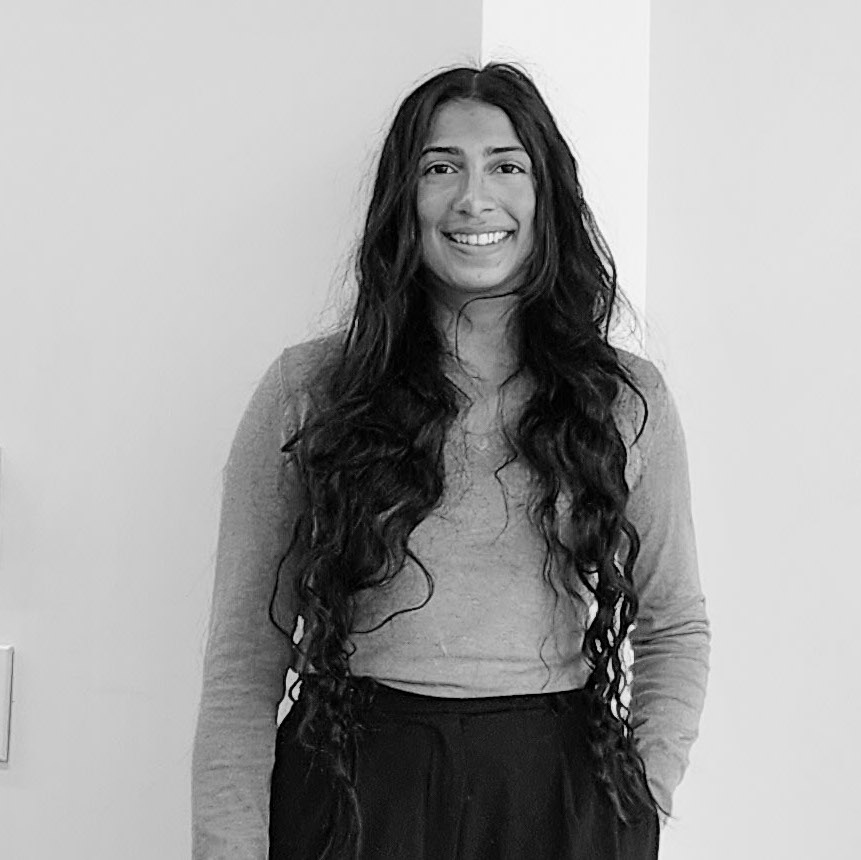
(Image: Clay Banks/Unsplash)
Female founders are underrepresented in both entrepreneurial and investor roles. They receive just 2.1 percent of venture capital investments, according to Pitchbook market data. This imbalance represents a missed opportunity for innovation and economic growth and has an outsized impact on rural communities that are further away from entrepreneurial resources.
International nonprofit, iDE is dedicated to ending poverty and creating income opportunities for rural communities that are susceptible to this lack of female representation. The ogranization brings together women in less-developed countries with female venture capitalists. Businesswoman and philanthropist, Linda Porter-Cox has served on iDE’s board for six years. In an interview with TriplePundit, Porter-Cox explained how the organization is creating financial prosperity for the communities it operates in.
"There were a lot of factors that really helped me recognize that iDE was a good fit for me,” said Porter-Cox, who is also iDE’s fund development co-chair. “And the most important, I would say, is their focus on long-term transformative and sustainable impact.”
She describes iDE’s work as empowering entrepreneurs to end poverty while enabling, teaching and engaging them in activities that create sustainable outcomes for people and their communities. Since her board tenure, she has learned that women entrepreneurs are key to household prosperity.

Income generated through entrepreneurship contributes to social welfare and reducing poverty. Research reveals a correlation between female entrepreneurship and economic development, gender equality and poverty alleviation. Women entrepreneurs tend to allocate their earnings more towards household expenditures including childcare more than men.
"Fundamentally, everyone should have the opportunity to achieve financial independence,” said Porter-Cox.
iDE’s impact on local entrepreneurs
Over 85 percent of rural Ghananians lack proper sanitation, causing illnesses among adults and developmental issues for children, according to iDE. Sama Sama, a social enterprise supported by iDE in Ghana, was launched in 2016 to provide affordable sanitation and hygiene solutions for low-income communities. The enterprise stemmed from a partnership between iDE and Global Affairs Canada with the aim of developing and selling improved toilets in northern Ghana.
Female entrepreneur Adam Adamu participated in Sama Sama and launched her own toilet business, Rida Enterprise, named after her daughter.
"I was struggling with my income,” Adamu told TriplePundit. “That was the main reason why I joined [iDE] because I come from a nuclear family of seven and I'm the firstborn, and it was my responsibility to assist my siblings. Joining iDE has improved my life."
Adamu receives client acquisition and maintenance support through the enterprise. The organization's support helped her progress from being a low-income earner to a middle-class earner. And her success has garnered praise from community members, especially women, she said. For the future, Adamu is working towards operating her shop independently by selling and carrying her own materials and expanding her business to acquire her own customers.
Ongoing support is key to building strength and stability against poverty
iDE is uniquely working with the purpose and foundation that entrepreneurs can change their community. The solution is not to provide one-off support to tackle poverty but to enable entrepreneurs to solve problems independently and develop lasting resilience against poverty. What sets iDE apart from other nonprofit organizations is its use of human-centered design: iDE thinks globally and acts locally, Porter-Cox told 3p.
“Our organization builds empathy at that local level and design solutions that are the right fit and have the right to succeed,” Porter-Cox said. “Be it in a specific country, a specific community and for a specific area.”

Rasha is a freelance journalist with experience in external communications and publicity. She is a Ryerson School of Journalism graduate and has worked on various media and communication campaigns in film, home development and the nonprofit sector. Rasha is passionate about storytelling for impact, whether she focuses on social enterprise, transforming our food system or making the business world more inclusive.














